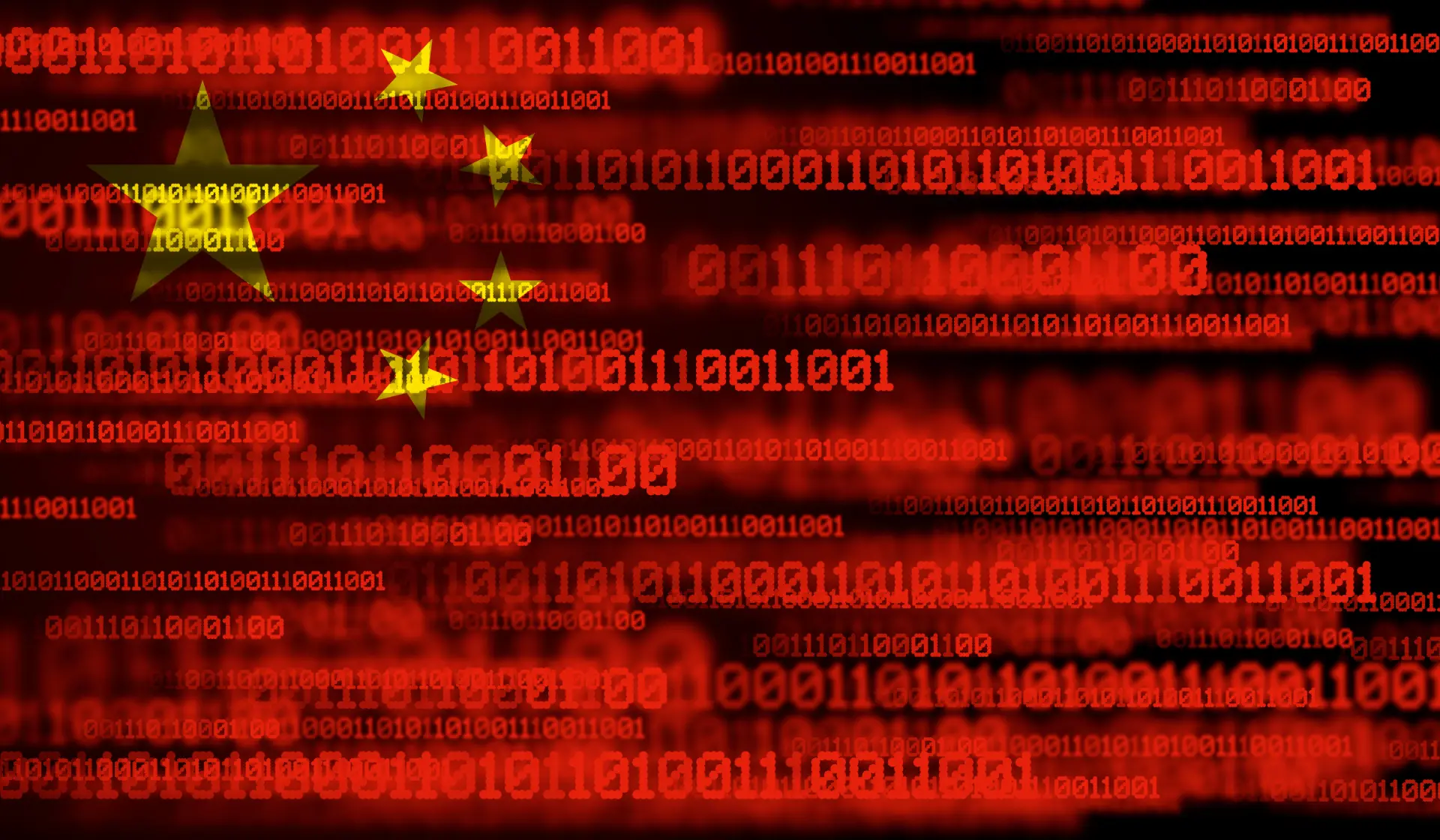Table of contents
- An attack that shook Washington
- John Moolenaar’s fake email
- The APT41 Accusation
- The congress reaction
- China’s silence and FBI’s role
An attack that shook Washington
A fake email, seemingly sent by a Republican congressman, has sparked alarm in the United States. According to the Wall Street Journal, it was part of a sophisticated cyber-espionage operation aimed at stealing US strategic secrets and influencing diplomatic relations with China.
John Moolenaar’s fake email
The message, sent in July to law firms, government agencies, and trade groups, asked recipients to provide feedback on a proposed law. The attached file, however, contained malware that could have granted hackers access to sensitive systems.
The email was digitally signed as if it came from Congressman John Moolenaar, known for his work on threats linked to Beijing.
The APT41 Accusation
Investigators suspect APT41, a hacker group long linked to Chinese intelligence. The attack emerged just before trade talks between Washington and Beijing in Sweden, raising concerns about attempts to monitor and anticipate US strategies.
The congress reaction
Moolenaar, chair of a congressional committee on US-China strategic competition, condemned the incident as “yet another example of China’s aggressive cyber operations.” He stressed: “We will not be intimidated,” highlighting the timing with ongoing tariff negotiations.
China’s silence and FBI’s role
The FBI confirmed it is working with partners to track those responsible. Meanwhile, the Chinese embassy in Washington has declined to comment, a silence that only deepens suspicions.
